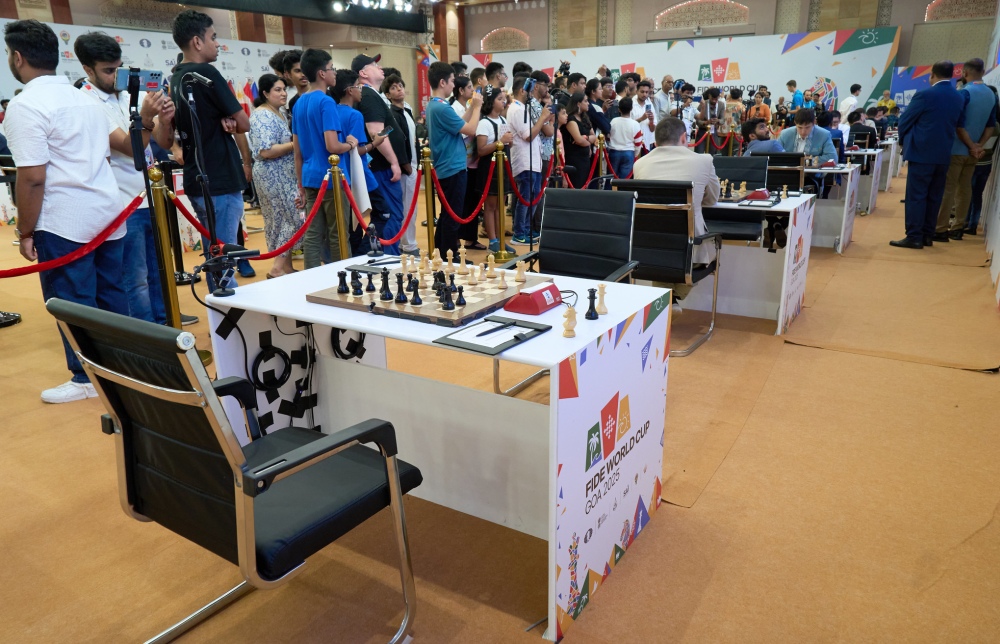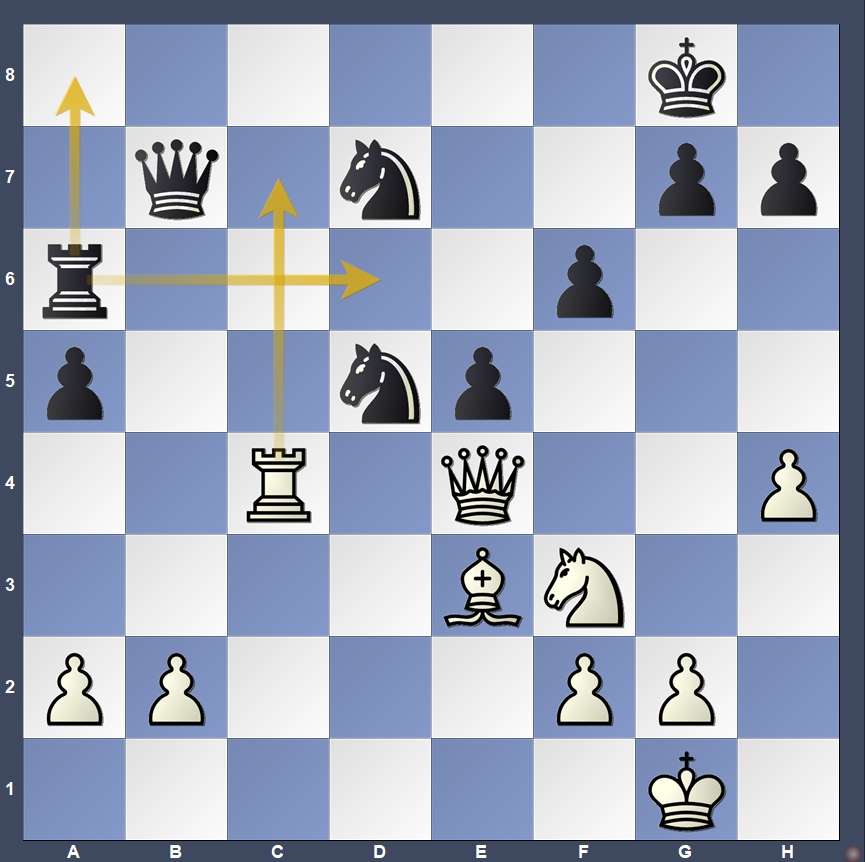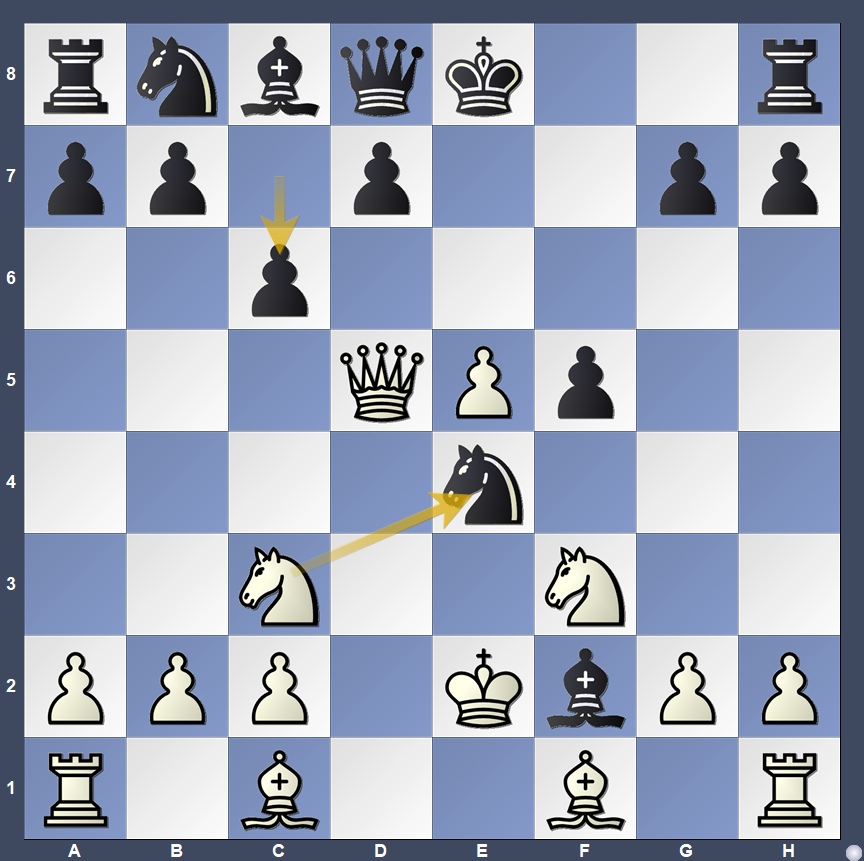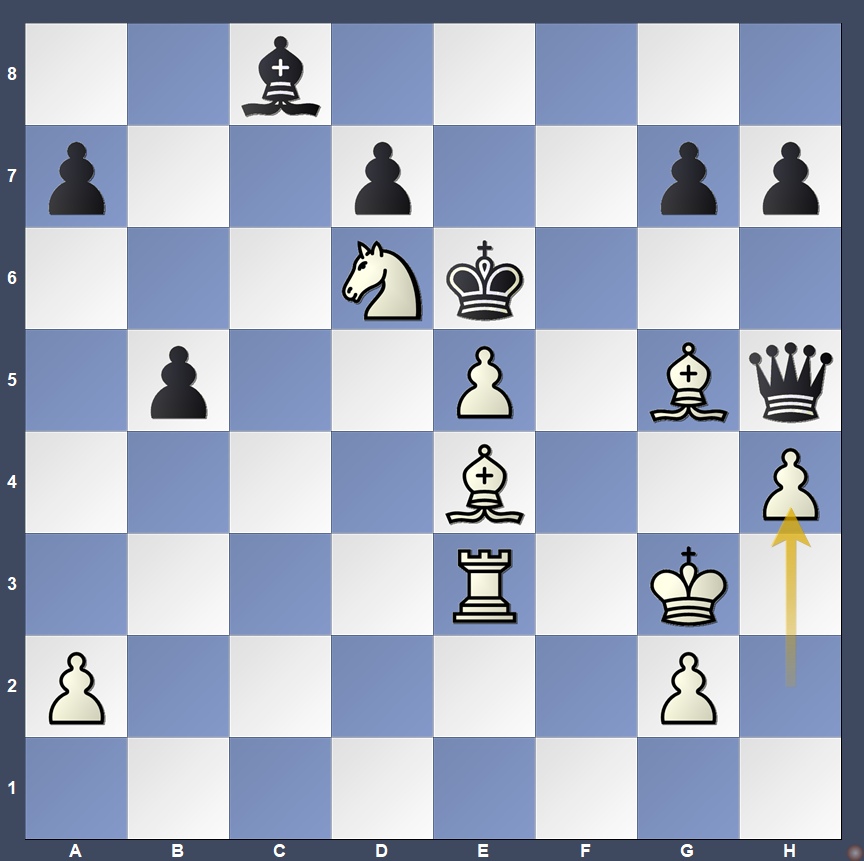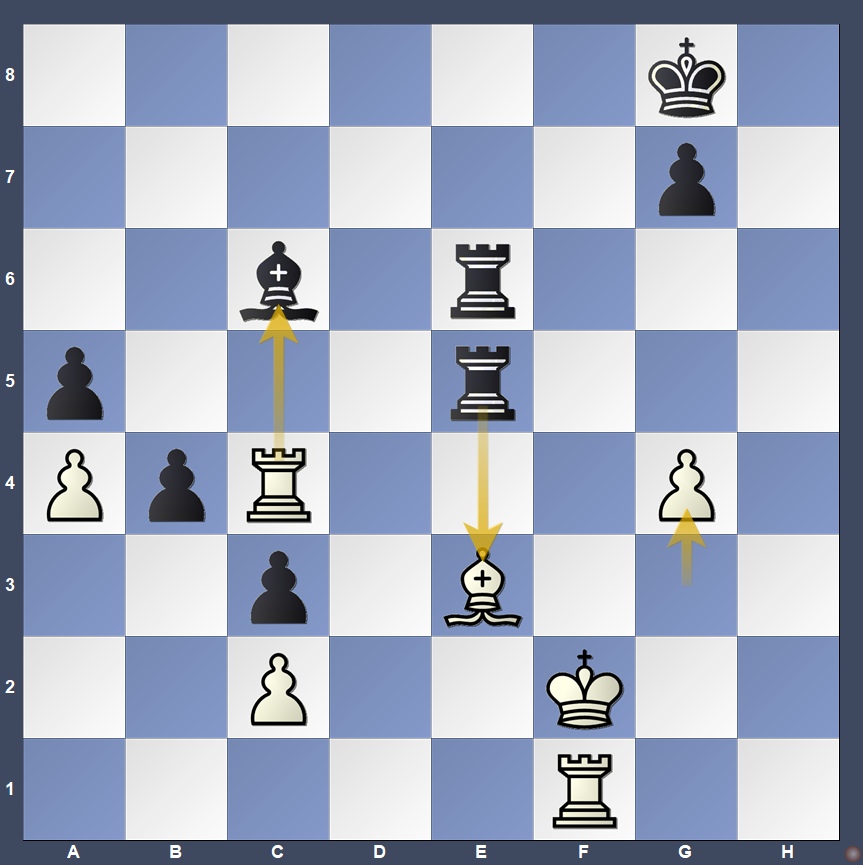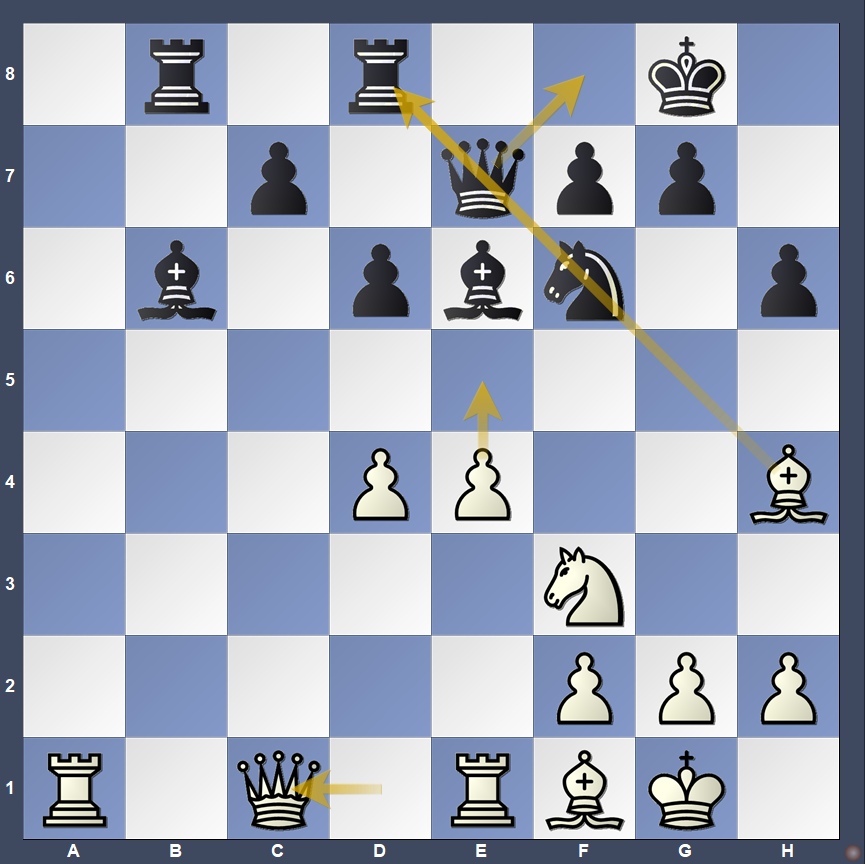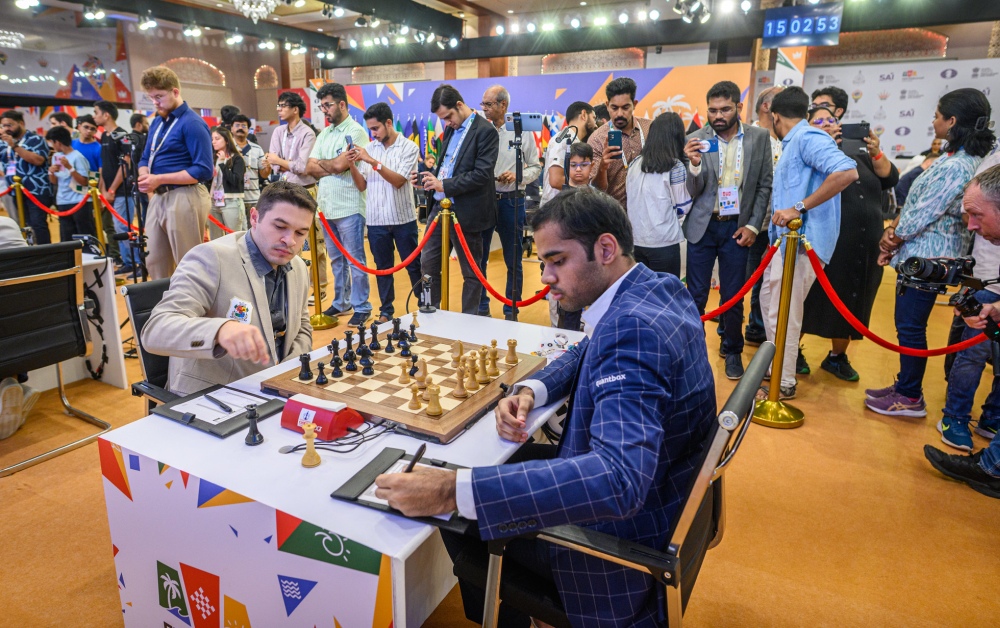
The second game delivered all the drama chess fans could hope for — successes, upsets, nerves, and suspense in equal measure.
Leading the headlines was World Champion Gukesh D., who once again demonstrated impeccable form. Playing with Black, he convincingly overpowered Kazybek Nogerbek to secure his place in the third round. Moments later, Gukesh was greeted by hundreds of cheering fans waiting outside the playing hall — a testament to his growing global appeal and India’s passionate chess following.
Joining him in the winners’ column were several other top favourites, including Arjun Erigaisi, Anish Giri, Wei Yi, and Vincent Keymer, all of whom delivered commanding performances to advance without the need for tiebreaks.
However, not every top seed found smooth sailing. R. Praggnanandhaa, Nodirbek Abdusattorov, Shakhriyar Mamedyarov, and Hans Niemann were unable to finish off their opponents in the classical portion and will have to return tomorrow for what promises to be an intense day of rapid and blitz tiebreaks.
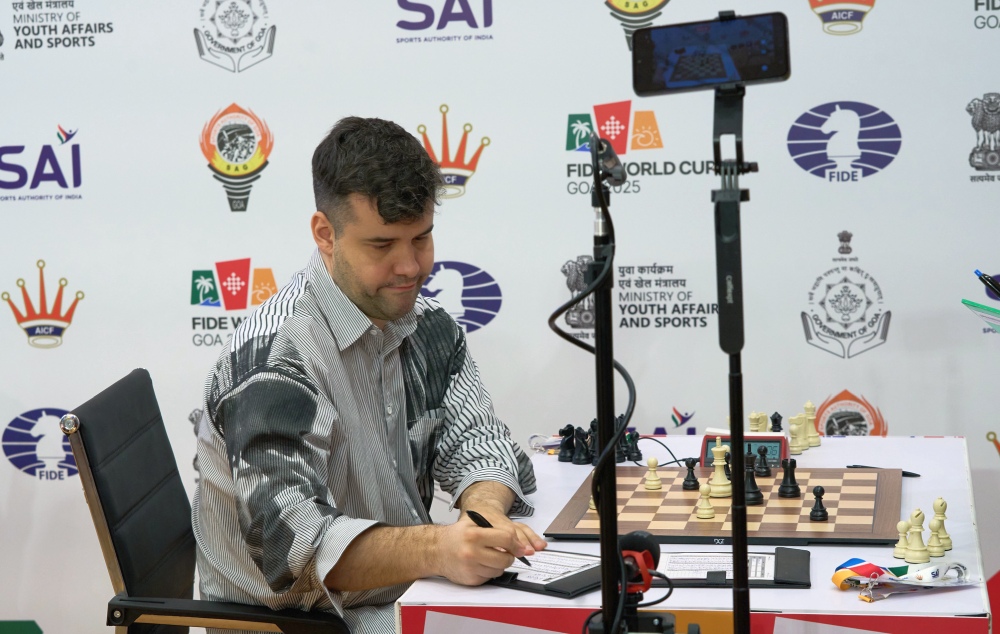
Perhaps the biggest disappointment experienced Ian Nepomniachtchi, the two-time World Championship challenger, who suffered an early and unexpected exit. It was a stunning upset and one of the defining stories of the day.
Another dramatic twist of the day came from Wesley So, whose premature exit shocked many. Facing Titas Stremavicius, an opponent rated more than 200 points lower, So found himself in a tense endgame while playing with the Black pieces. Under mounting time pressure, he resigned in what was actually a drawn position, overlooking a remarkable stalemate resource that would have saved the game.
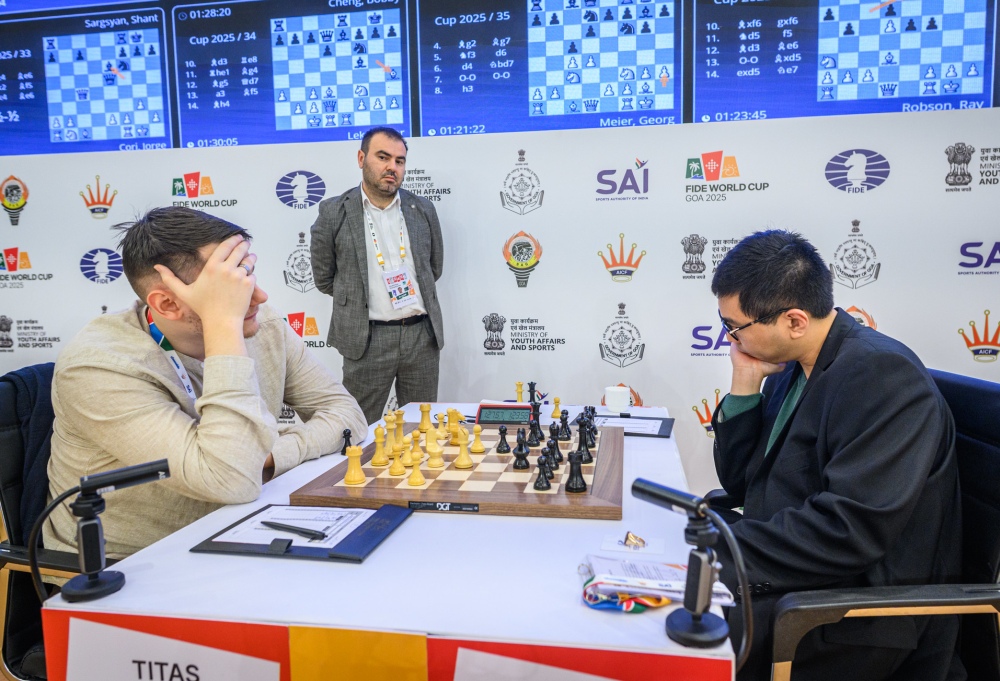
Other well-known names — including Ray Robson, Vassily Ivanchuk, David Navara, and Johan-Sebastian Christiansen — also bowed out of the competition, their World Cup dreams now on hold until the next edition in two years’ time.
Let’s take a closer look at the action as the round unfolded.
Inside the calm before the storm: Moments before Round 2
I usually arrive at the playing venue about twenty minutes before the start of each round. There’s something special about those quiet moments before the clocks begin to tick — the soft hum of concentration, the rustle of scoresheets, and the faint click of pieces being placed just so.
While most grandmasters prefer to walk in during the last five minutes, a handful of players arrive early, savouring their own pre-game routines. At this level, arriving late is almost unheard of — not only would it bring a hefty fine, but it could even mean losing by forfeit.
Among the early arrivals today were GMs Wesley So, Pranav V, Maksimovic, Lodici, and Yu Yangyi — each calmly settling in, preparing scoresheets, and collecting their thoughts for the battles ahead.
A clash of generations: Vidit vs. Oro
One of the earliest to take his seat was 12-year-old IM Faustino Oro, Argentina’s young prodigy. Oro, meticulous to the last detail, spent several minutes ensuring that each of his pieces sat perfectly centered on its square — a ritual of precision that mirrors his play.
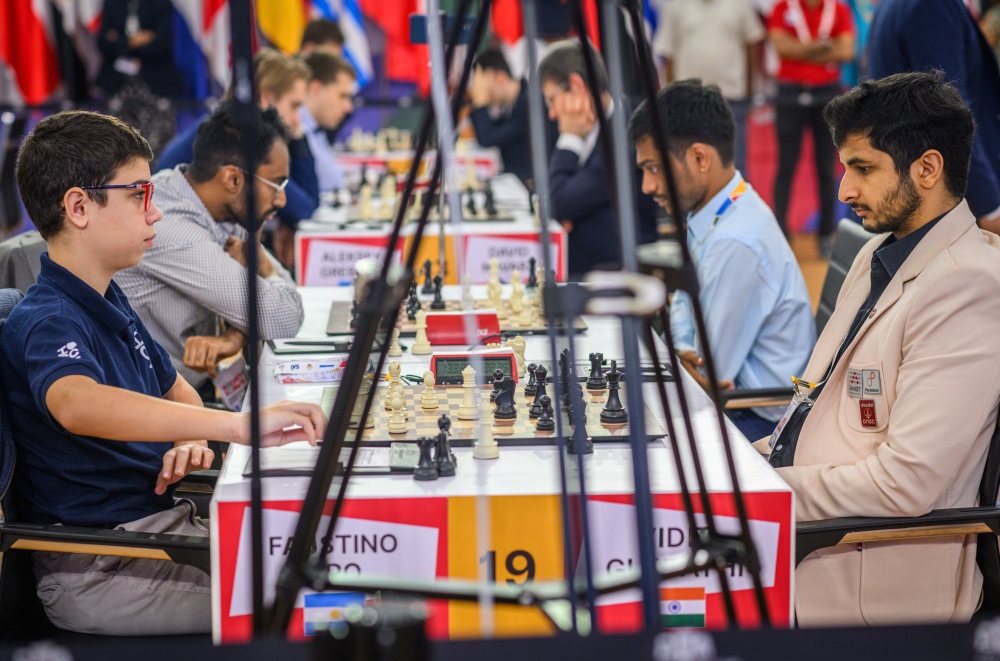
His opponent, India’s top GM Vidit Gujrathi, also arrived early, greeted the youngster warmly, adjusted his pieces, and then slipped into his familiar pre-game meditation: eyes closed, steady breathing, complete focus. Vidit enjoyed some extra encouragement today from his mother, who attended the round in a beautiful chess-themed sari, a touching symbol of support.
Laughter, focus, and generations united
Also among the early arrivals were elite grandmasters Anish Giri and Hans Moke Niemann. Rather than settling into their seats, the two shared a light-hearted moment, trading jokes and smiles in a brief escape from the tension that was soon to come. Their relaxed camaraderie offered a glimpse of the human side of competition — rivals on the board, but colleagues in a shared craft.
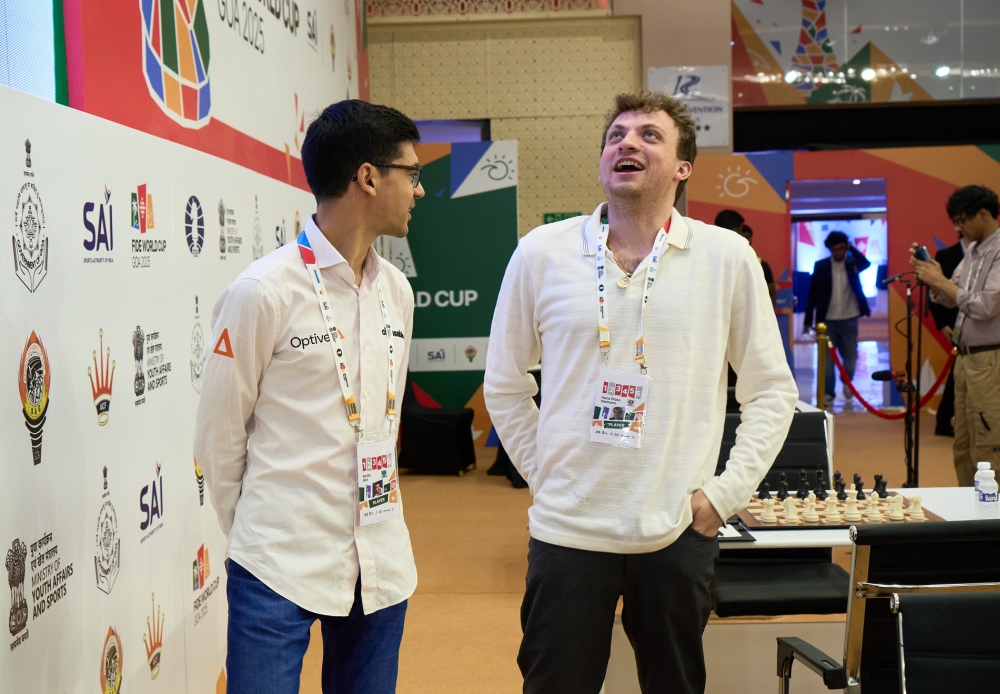
A few boards away, GM Felix Blohberger exchanged greetings with his good friend GM Thai Dai Van Nguyen before slipping in his noise-cancelling earplugs — a now-familiar ritual that has become his signature. Away from the board, Blohberger is a rising figure in the online chess community: a respected ChessTuber whose thoughtful daily recaps give fans a unique window into the life and mindset of a professional player.
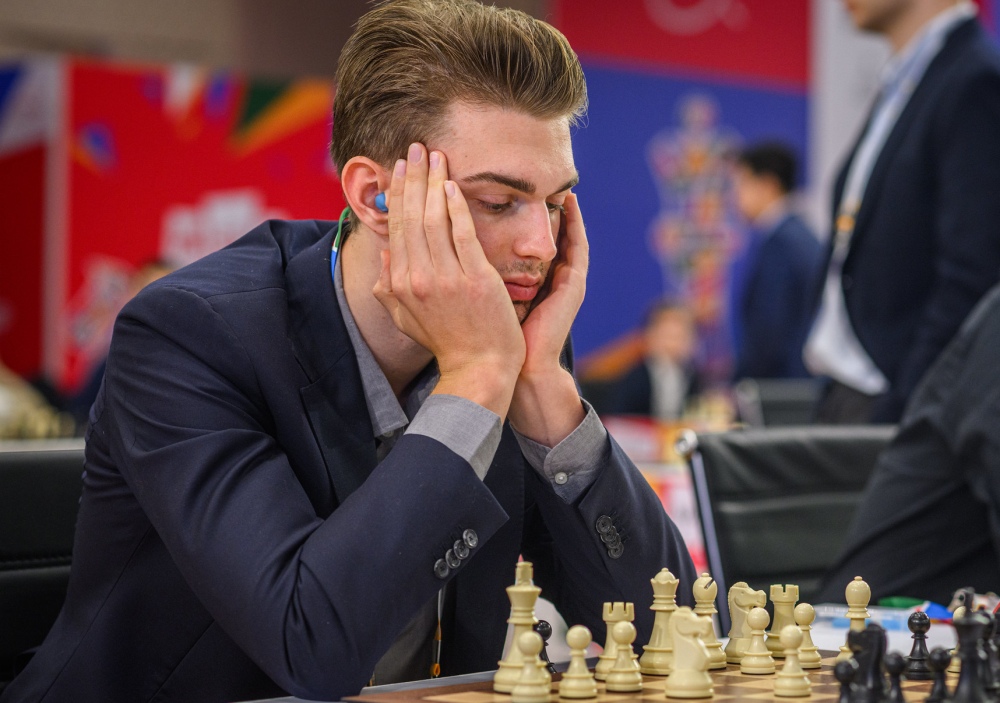
Among the most respected presences in the playing hall was GM Shakhriyar Mamedyarov, a world-class competitor for over two decades and now a mentor to some of the brightest young talents in the game. One of his current protégés, 14-year-old Turkish GM Yağız Kaan Erdoğmuş, is also competing in this World Cup. The two arrived together, exchanged a few final words over opening ideas, and wished each other luck before heading to their respective boards — a quiet, meaningful moment that beautifully embodied the connection between chess’s great traditions and its promising future.
The enigmatic legend: Vassily Ivanchuk
Grandmaster Vassily Ivanchuk is a true legend of the chess world. Arguably one of the most experienced players in World Cup history — having competed in eight editions by most counts — “Chuki,” as he’s affectionately known, remains as unpredictable and captivating as ever.
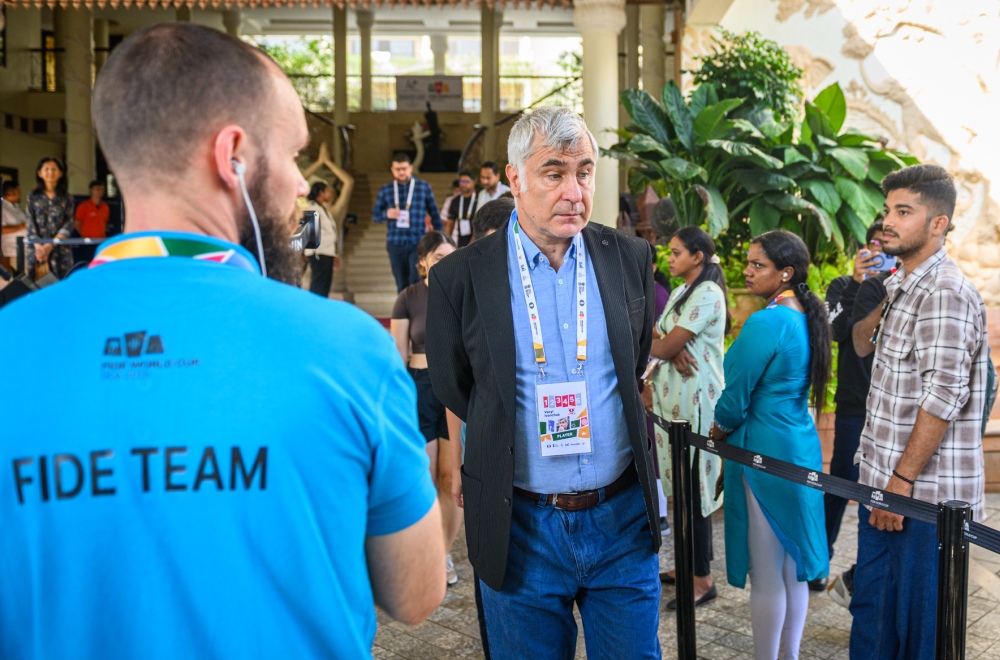
True to his unique rhythm, Ivanchuk typically arrives at the venue well before the round begins, but rather than sitting down immediately, he prefers to wander calmly along the side aisles, hands clasped behind his back, lost in thought. Perhaps this gentle ritual helps him settle his nerves and tune his mind for what lies ahead — another intense four- or five-hour battle over the board.
As the final seconds ticked down and arbiters prepared to start the clocks, the atmosphere shifted — quiet intensity filling every corner of the hall. The calm before the storm was over. The games had begun.
The ceremonial opening of the round
As per tradition, Łukasz Turlej, the FIDE Secretary General, made the symbolic first move on board three — the game between GM Praggnanandhaa R (from Chennai, India) and GM Temur Kuybokarov (representing Australia).
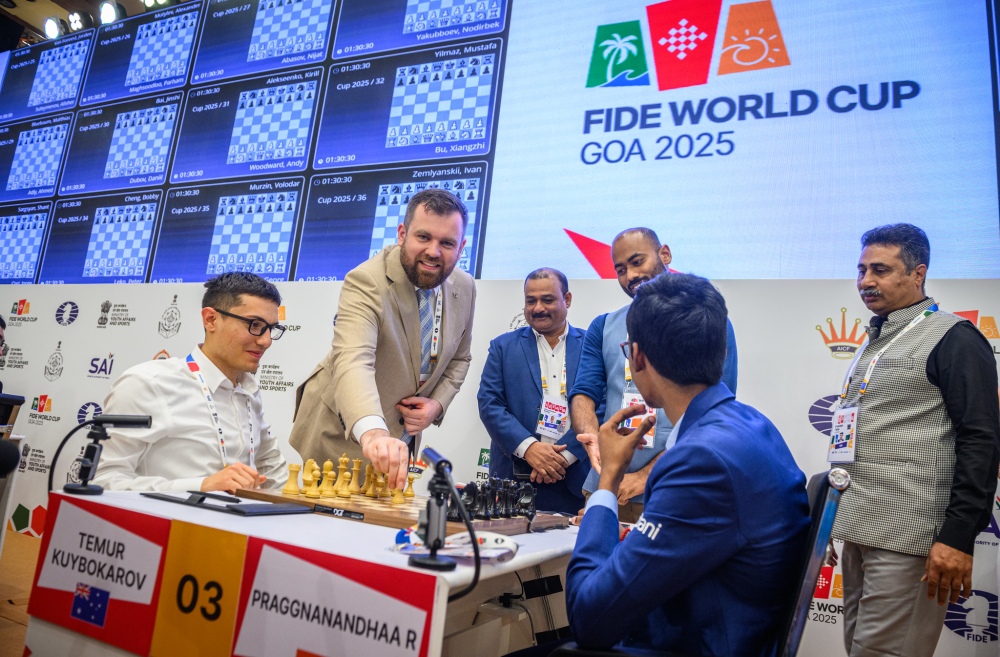
The ceremonial event also hosted Santosh Sukhadeve, IAS, who is the Sports Secretary for the Government of Goa, as the government representative for the occasion.
Turlej is not only FIDE’s Secretary General but also a dynamic chess organizer and the coordinator of the entire organizing team for this World Cup event — as FIDE Delegate, he oversees much of the event’s execution and logistics.
Drama, brilliance, and surprises
After a series of relatively quick draws — many grandmasters preferring to test their luck in the tiebreaks — the first player to secure qualification for the third round was GM Levon Aronian (2722).
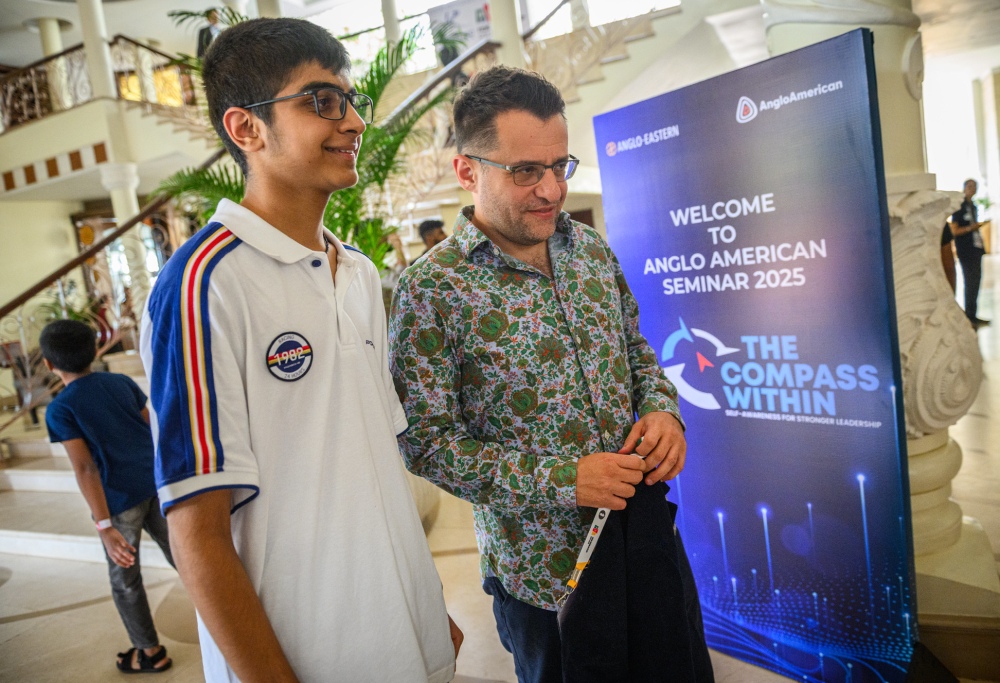
A solid draw with Black was enough to knock out IM Aronyak Ghosh (2514), thanks to Aronian’s victory in their first game. The Armenian-American star will now face GM A.R. Saleh Salem in the next round. Not long after, the results began to pour in.
Rapport on the rise
One of the top seeds and clear favourites to win the event, GM Richard Rapport (2740), delivered an emphatic 2–0 victory over GM Luis Paulo Supi (2575). The Hungarian’s creative flair was on full display as he produced a clean, energetic performance to advance confidently into the next round.
Black was under pressure, but after a defensive move like 26…Rd6, White’s advantage would have remained manageable. Instead, the Brazilian grandmaster blundered with 26…Ra8??, overlooking a tactical shot.
27.Rc7! – a brilliant move that immediately ended the contest. The knight on d5 was pinned, and the point was that 27…Qxc7 fails instantly to 28.Qxd5+, forking and capturing the rook on a8. A simple yet devastating tactic — a fitting finish from Rapport.
Game of the day: Harikrishna’s masterpiece
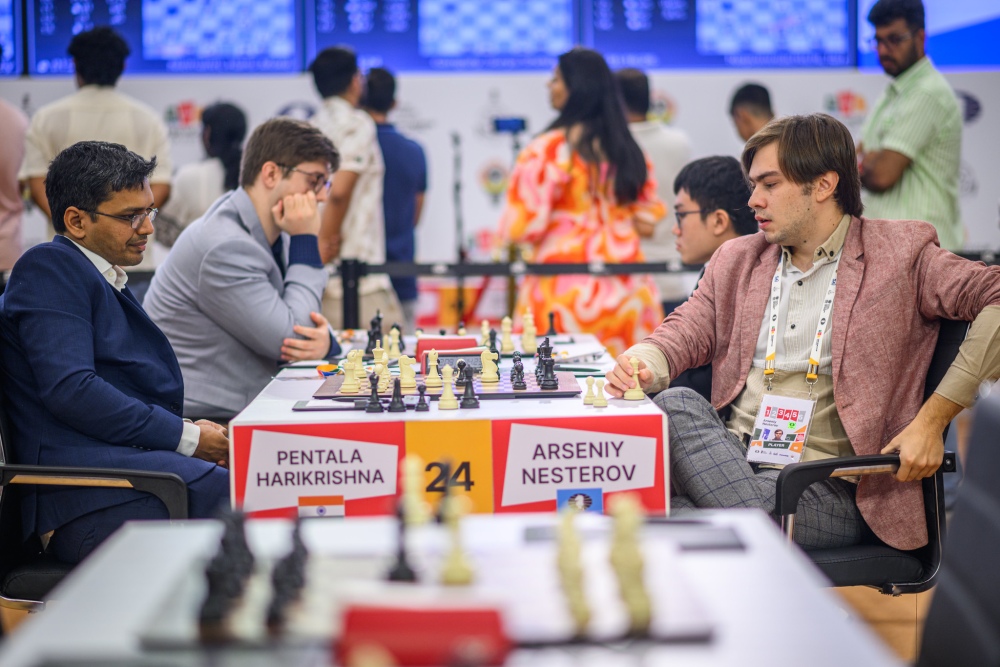
The standout game of the day belonged to GM Pentala Harikrishna (2697), who eliminated GM Arseniy Nesterov (2584) with a spectacular positional queen sacrifice straight from the opening — perhaps one of the finest games of his career.
Although Harikrishna recently dipped below the 2700 mark, he remains a pillar of Indian chess and a long-time member of the national Olympiad team. His victory today was both artistic and instructive.
The board looked chaotic: White’s king was stranded in the center, and the queen was under attack. But Harikrishna had foreseen everything.
He played 8.Nxe4!! cxd5 9.Nd6+ Kf8 10.Kxf2 — White gave up his queen for just two minor pieces, yet achieved stunning piece coordination and a deadly grip on the position. Although, according to chess engines, Black is not worse here, his forces are tied down and lack counterplay.
Unsurprisingly, Nesterov committed a mistake a few moves later and found himself in a tough position.
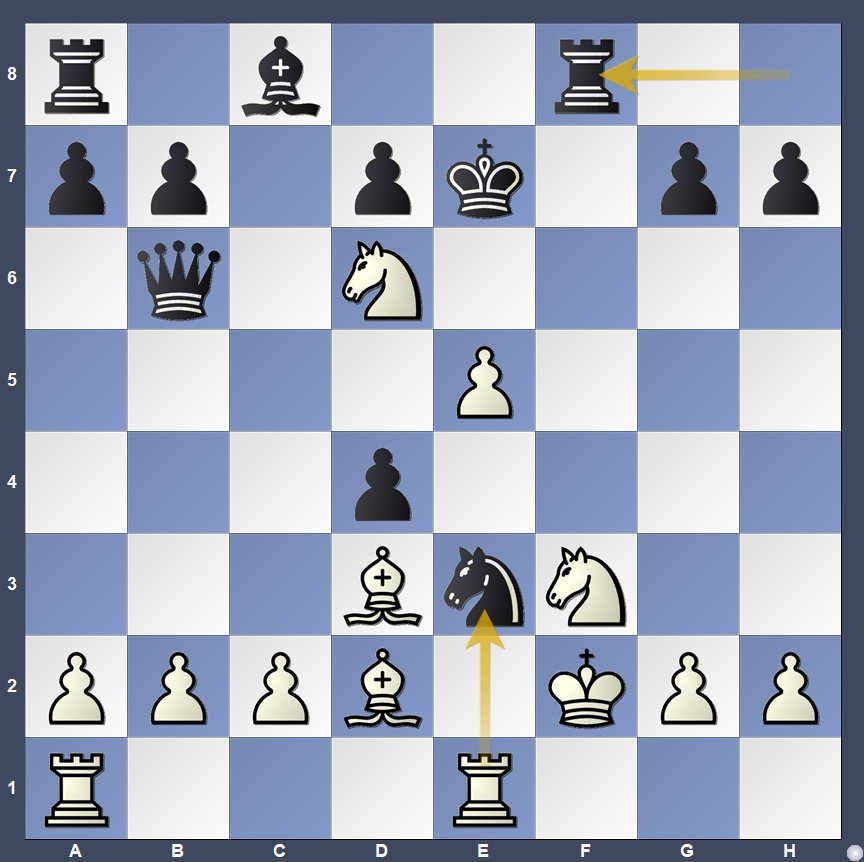
To increase the pressure, Harikrishna sacrificed the exchange with 18.Rxe3! dxe3+ 19.Bxe3. Despite having only a piece for the queen, White’s bishops dominated the board, and Black’s king was perilously exposed.
A few moves later, the game concluded in an unforgettable final position after 29.h4, where Black’s pieces stood paralyzed — a testament to Harikrishna’s deep understanding and fearless creativity. A truly magnificent performance.
The major upset: Nepomniachtchi knocked out
Perhaps the biggest shock of the day came when GM Ian Nepomniachtchi (2732) was eliminated by GM Diptayan Ghosh (2573) from Kolkata. After Ian’s drawing the first game as Black, many expected the former World Championship challenger to cruise into the next round. But Ghosh played inspired chess with Black, completely outplaying his world-class opponent from the early middlegame.
Having been under pressure since losing a pawn in the opening, Nepomniachtchi faced a lethal tactical sequence. Ghosh calculated flawlessly: 43…Rxe3! 44.Rxc6 Re2+! 45.Kf3 Rxc6 46.Kxe2 Rd6!
White could not prevent …Rd2+ without exchanging rooks — and the resulting king-and-pawn endgame was hopeless. A remarkable win for the Indian GM. After the game, a delighted Ghosh shared his thoughts:
“Yesterday’s game was rather dull, but today I tried a new opening I hadn’t played before — and I won a pawn early,” he told FIDE’s WIM Charlize van Zyl in his postgame interview. A prodigy in youth, and having won the national rapid and blitz last year, Ghosh is set to make a run in this year’s cup.
Mamedyarov in trouble
Another surprise came from GM Shakhriyar Mamedyarov (2742), who failed to convert his first-game advantage and stumbled against GM Gergely Kantor (2559). Having won the previous day, Mamedyarov needed only a draw to advance — but a misjudged opening left him in a grim position early on.
The pin on the black knight was crushing, and there was no adequate defense against e5, which would win material. Mamedyarov chose 22…Qf8, but after 23.e5! dxe5 24.dxe5 Nd5 25.Bxd8, he was left an exchange down with no compensation.
Alternatively, 22…g5 would have failed instantly to 23.Nxg5! hxg5 24.Qxg5, trapping the knight on f6. With this result, the match remains level, and the two players will return tomorrow for what promises to be a thrilling tiebreak showdown.
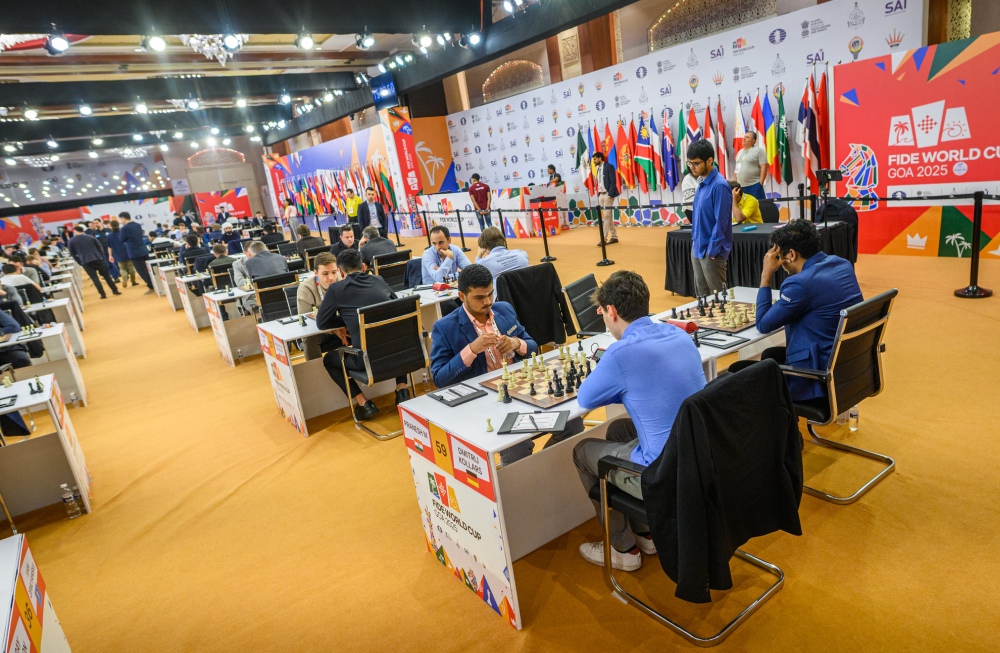
Round 2 tiebreaks
In the 2023 edition of the World Cup, held in Baku, Azerbaijan, 30 of the 64 second-round matches went to tiebreaks. This year, a similar number—27 pairs, or more than a third—will return tomorrow for a chance to advance in the competition.
Five picks to follow are:
Praggnanandhaa, R (2771) vs Kuybokarov, Temur (2535)
Abdusattorov, Nodirbek (2750) vs Makhnev, Denis (2525)
Mamedyarov, Shakhriyar (2742) vs Kantor, Gergely (2559)
Niemann, Hans Moke (2738) vs Lodici, Lorenzo (2560)
Vidit, Santosh Gujrathi (2716) vs Oro, Faustino (2509)
The Round 2 tiebreaks will be disputed on November 6 at 3 PM local time. The action can be followed live on the FIDE YouTube Channel, featuring expert commentary by GMs Evgenij Miroshnichenko and Jan Gustafsson.
To watch the games in person, tickets can be purchased [HERE]
Official website: worldcup2025.fide.com/
Written by IM Michael Rahal (Goa, India)
Photos: Michal Walusza and Eteri Kublashvili



